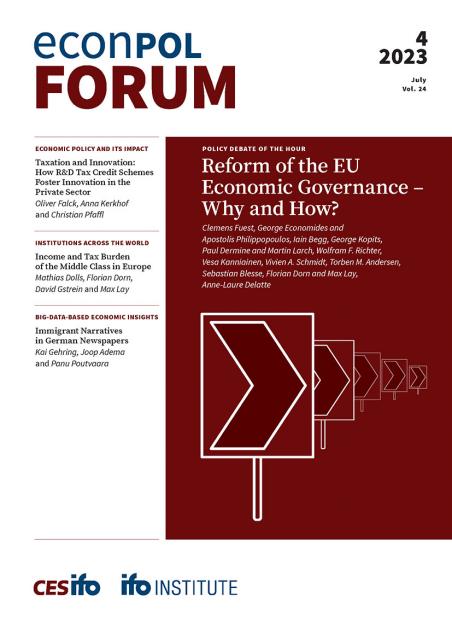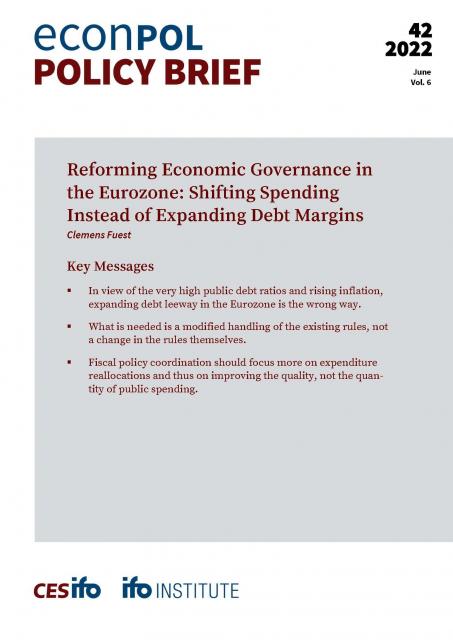
EU Fiscal Governance & Monetary Union
One of the most ambitious, and one of the most difficult, integration initiatives has been to introduce a common currency across the lion’s share of the EU member states. Fiscal governance, both at the EU and the national levels, acquires special relevance in this case. The articles under this topic explore the framework established to ensure fiscal discipline, stability, and coordination among both Eurozone and non-Eurozone member states. It examines the role of institutions such as the European Central Bank (ECB) in shaping monetary policy and managing the euro. Additionally, the articles propose reforms aimed at strengthening fiscal governance and deepening EU economic integration.




